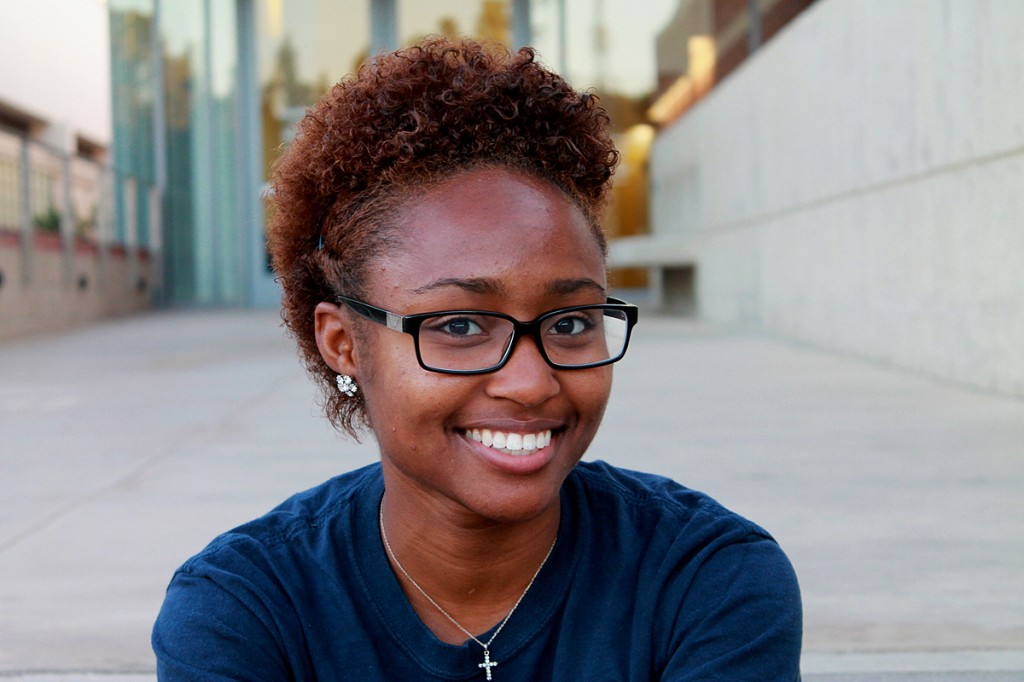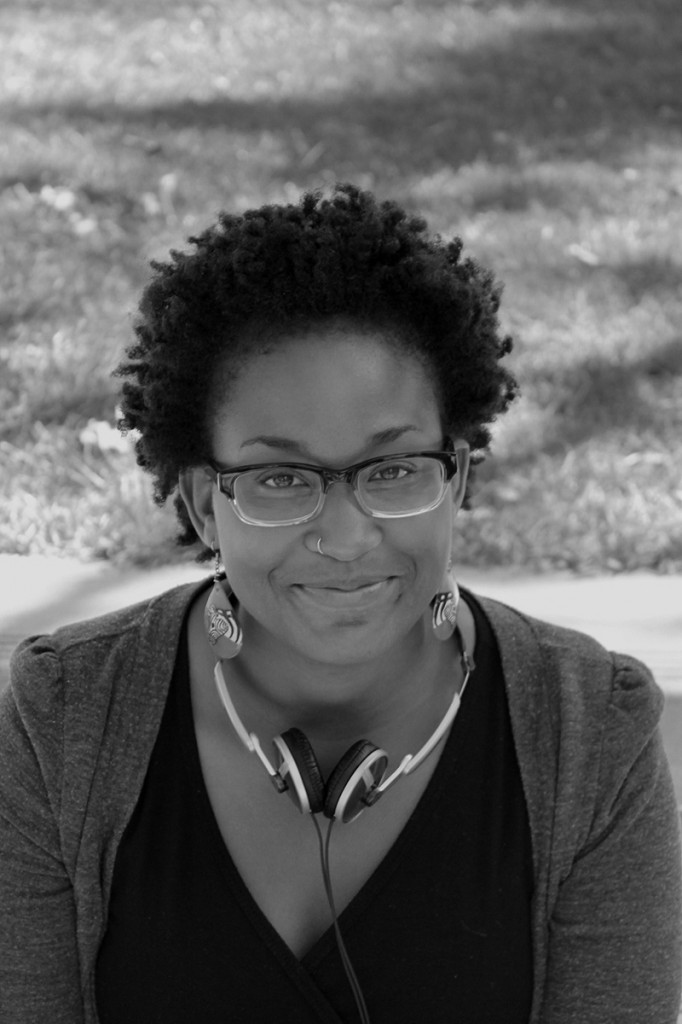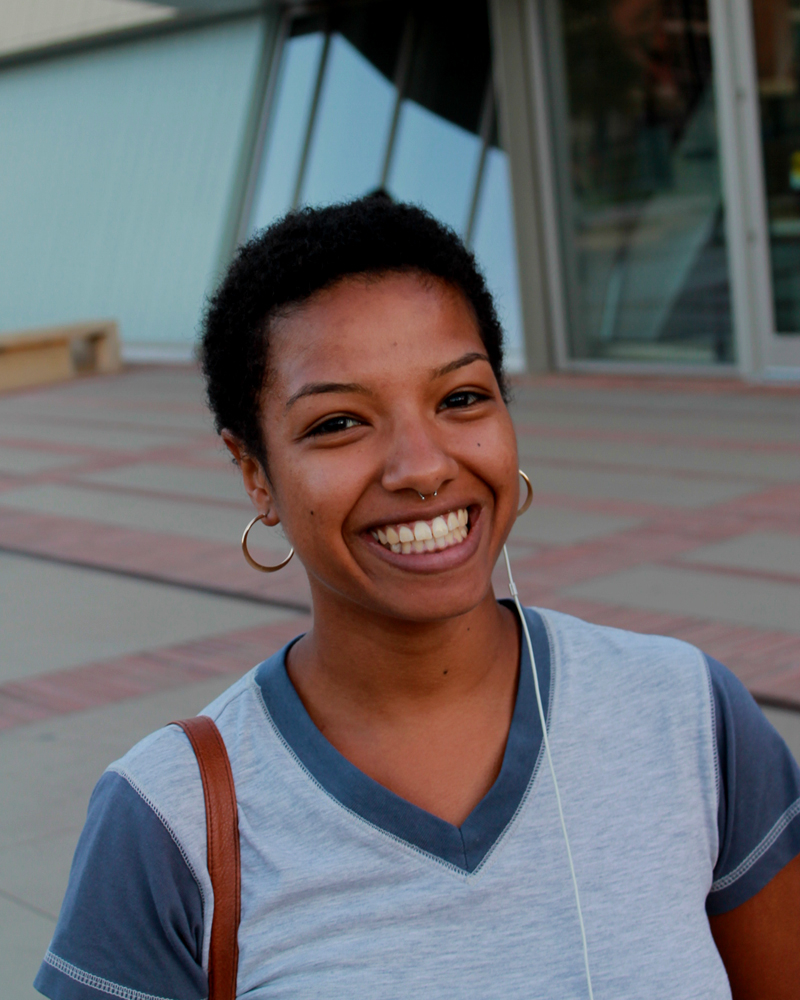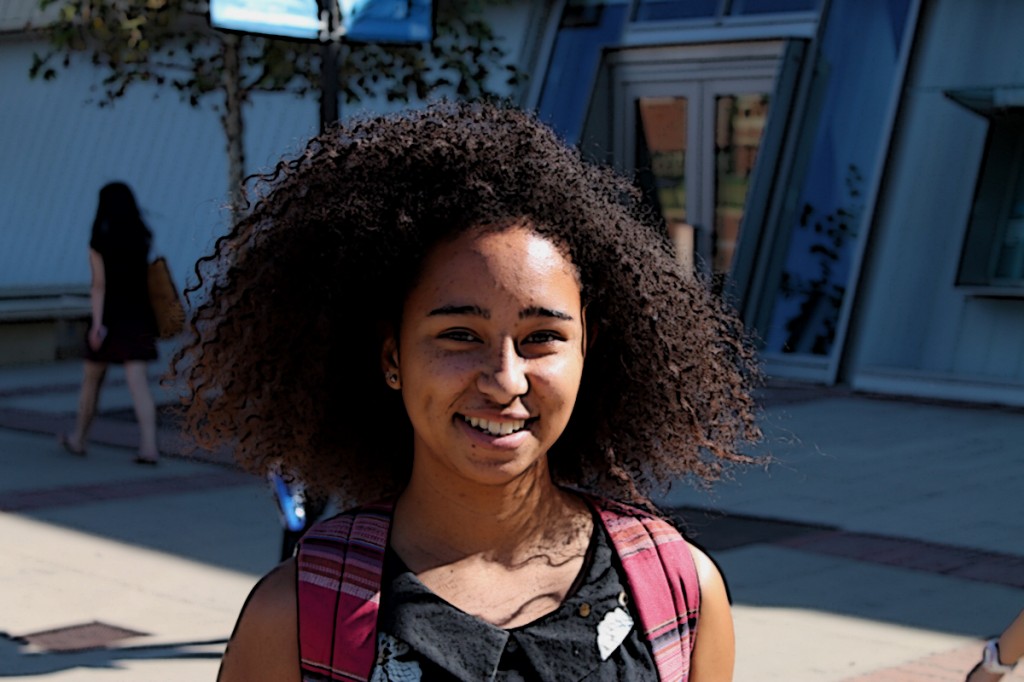Hair is an important aspect of Black culture. Used largely as a means of expression, its just one of many things that sets us apart from other ethnic groups. Our tresses are naturally adaptable to a wide range of styles that vary just as much as our personalities. From sweet and playful twist to bold and captivating Poetic Justice braids, the styles of the natural hair movement vary greatly.
Recently, there has been resurgence in the donning of natural hair textures among the Afrikan American community. The styles many Black women wear today are not unlike the big, bold Afros of the 1960s’ Black Power Movement or the Jerry Curl craze of the 1970s and 80s. For some the transition to natural hair care is a matter of living a more healthful lifestyle. Black wellness blogger Kala believes, “[It’s] about a whole lifestyle of natural, not just our hair…but our greater well being.” For others it’s a form of liberation, a step away from the glorified bone straight, fried, dyed and laid to the side image of beauty that has so many young girls of color begging their moms for those enticing ‘Just for Me’ relaxer kits. Actress Tracee Ellis Ross is one such individual who says in her “Hair Love” campaign, “I was trying to make [my hair] something it wasn’t…trying to beat it into submission…[but now] I love my hair because it is a reflection of my soul.”
To these hair liberators the natural hair movement, affectionately acknowledged as the “Naptural” Movement, is a way to reconnect with their heritage, to embrace their history and to actively take part in shaping the future of Afrikan American culture.
In a society where Youtube allows easy access to natural hair related videos and serves as a platform for “Naturalistas” to show off their styles, the definition of natural becomes hazy. What is truly considered natural differs among individuals for a number of reasons including lifestyle, religion and occupation. The most basic definition of being natural is to refrain from using chemical treatments to alter the natural texture of an individual’s hair. For some natural hair devotees it also requires an absence of heat treatments. No straightening combs, curling irons or flat irons. This definition causes divides among the natural community, especially among those Naturalistas who work in Corporate America.
Facing cultural pressure to adhere to the standard workplace image, many women who consider themselves natural still straighten their hair for the professional setting. In a recent poll conducted by Essence Magazine, 55 percent of Black women believed that wearing their natural hair would affect their success in the workplace. Comedian Paul Mooney comments on this in the 2009 documentary, “Good Hair”. “If your hair is relaxed, White people are relaxed. If your hair is nappy, they’re not happy.” As the Natural Movement spreads Black women are defining for themselves what it means to be natural. They are defying the label of “conformists” for that of “rebels”. “The Naptural Movement is about finding your internal beauty and embracing it,” says Psychology major Signora Newton. “It’s about not relying on external factors and trusting that the way you are naturally is beautiful enough.”
The Naptural Movement has made its way onto college campuses around the country. More students of color are donning their hair in a variety of natural styles: from braids and twists-outs to wash n’ gos and the historic Afro. This recently re-established sense of identity among the Afrikan American culture has been the subject of mixed feelings among other ethnic groups and even members of the Black community. Some members of other ethnic groups admire the new styles, consistently complimenting “Naturalistas” on their hair. Human Biology and Society major Lea Hong says, ” It all depends on a what a person values in their appearance and what they want to portray to their peers. They can do what they want with their hair as long as it makes them feel good and confident.” Others are indifferent to the change.
However, there are those select few who are confused by the entire concept of Black natural hair. Confounded by the texture, versatility and diversity of black styling, most will ask that inevitable question, “Can I touch your hair?” This question is asked frequently among the natural community and is even portrayed in the media as evidenced by the 2009 remake of the beloved movie “The Karate Kid”, in which Jaden Smith plays Dre, a young Afrikan American boy who is asked by a fellow Chinese classmate for permission to touch his hair shortly after arriving in China. Rather than get offended, many naturals have learned to embrace this opportunity and use it as a catalyst for a greater dialogue on Black culture. This past June an interactive art exhibit entitled “You Can Touch My Hair” was held in New York City’s Union Square Park, which allowed onlookers to touch the varying textures of Afrikan American women participating in the exhibit. The dialogue and frequent stares towards these Naturalistas are clear evidence that something as simple as hair can be a quiet affirmation of the versatility and beauty of Black culture.
Author: Mia Brumfield
Nommo Staff




